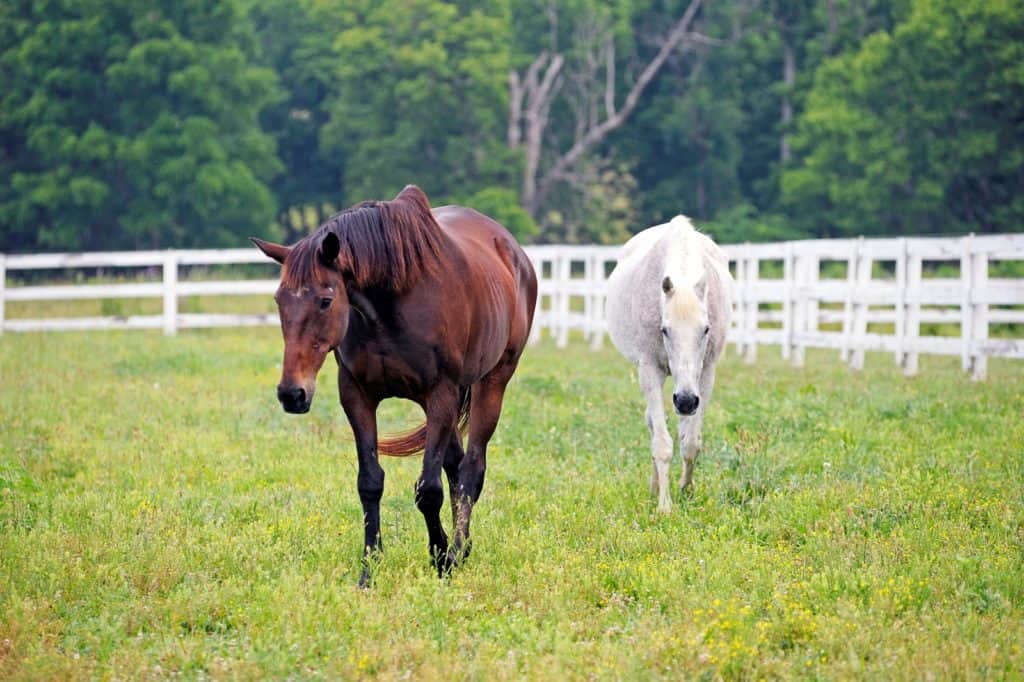The topic of equine nutrient absorption is crucial for horse owners and enthusiasts aiming to maintain healthy, robust horses. Understanding how horses absorb nutrients can make a significant difference in their overall health and performance. In this article, we delve deep into the factors influencing nutrient absorption in horses and how you can optimize it.

The Importance of Equine Nutrient Absorption
When it comes to maintaining a horses health, ensuring efficient equine nutrient absorption is essential. Nutrients are the building blocks that support various biological functions, from bone growth to energy production. Without proper absorption, even the most balanced diets can fall short in meeting a horse’s nutritional needs.
Factors Affecting Equine Nutrient Absorption
Several factors impact how effectively a horse absorbs nutrients. Chief among these are the horse’s age, overall health, digestive system efficiency, and the quality of their diet. Stress and illness can also interfere with nutrient uptake, as can certain dietary choices.
Age and Health
Young and older horses often require special dietary considerations to boost nutrient absorption. Foals need a nutrient-rich diet to support rapid growth, while older horses may have difficulty absorbing nutrients due to a slowdown in metabolic rate.
Optimizing Diet for Better Nutrient Absorption
To support equine nutrient absorption, a well-planned diet is crucial. This includes selecting high-quality feeds and balancing proteins, carbohydrates, vitamins, and minerals.
Quality Feed Options
Choosing the right feed can dramatically improve nutrient uptake. Customizing a horse’s feed ensures it meets their specific dietary requirements, aiding better nutrient absorption.
Digestive Health and Supplements
Maintaining a healthy digestive system is imperative for nutrient absorption. Ensuring your horse has adequate fiber and considering digestive aids can enable efficient nutrient use.
Use of Probiotics
Probiotics support gut health by balancing intestinal flora, which might enhance a horse’s ability to absorb nutrients. Incorporating supplements when recommended by a vet can be beneficial.
Monitoring Nutrient Deficiencies
Regular health checks and being attentive to signs of nutrient deficiencies can guide necessary dietary adjustments for optimal equine nutrient absorption.
Professional Assessment
Consider collaborating with a veterinary nutritionist to carry out assessments like blood and mineral testing. These tests can identify deficiencies early, helping tailor diet plans accordingly.
Environmental and Management Practices
The horse’s living conditions can also affect nutrient absorption. Reducing stress through good management practices enhances overall health and absorption rates.
Stress Management
Providing a quiet, stable environment and ensuring regular exercise can mitigate stress. Comfortable lifestyle settings contribute to improved nutrient uptake.
The Impact of Hydration
Water is an essential part of the nutrient absorption process; hence, ensuring horses have constant access to clean water is vital. Dehydration can hinder absorption and overall health.
Implementing Hydration Strategies
Monitor water intake and provide electrolytes, especially during hot weather or after intense exercise, to maintain fluid balance.
Balancing Supplements
While supplements can support nutrient absorption, they must be wisely managed to avoid imbalances, which can lead to complications.
Tailoring Supplement Use
Only use supplements under professional guidance to ensure they align with the horse’s individual health needs.

Frequently Asked Questions
What is the role of fiber in equine nutrition?
Fiber is crucial for horse nutrition, aiding digestion and maintaining gut health, which supports nutrient absorption.
How can I enhance the nutrient absorption for my aging horse?
Providing age-appropriate feeds, possibly with added digestive enzymes or probiotics, and monitoring health can enhance absorption in older horses.
What signs indicate a deficiency in nutrient absorption?
Look for changes in coat condition, weight loss, lack of energy, or poor performance; consult a vet for a thorough evaluation.
Understanding and optimizing equine nutrient absorption is key to promoting your horse’s health. Through a balanced diet, regular veterinary assessments, and attentive care, you can ensure your horse thrives.
For more insights, visit this external resource for detailed discussions on dietary deficiencies and how to address them.
This article contains affiliate links. We may earn a commission at no extra cost to you.








